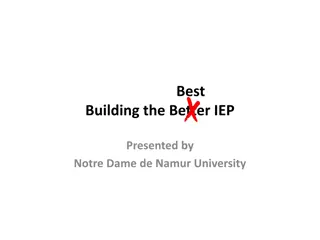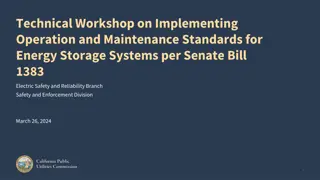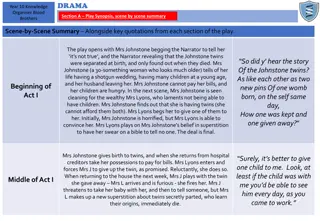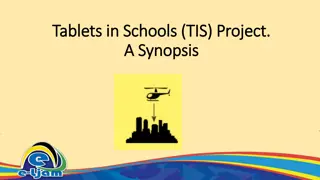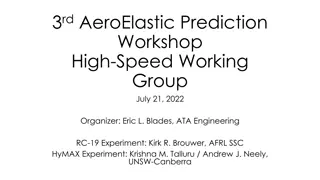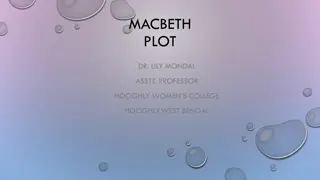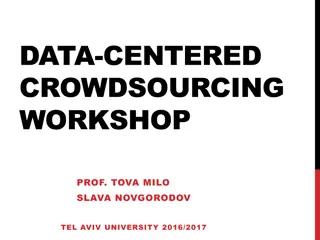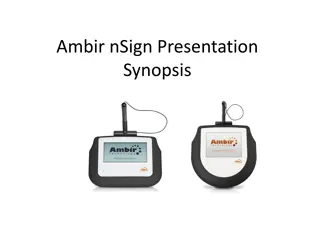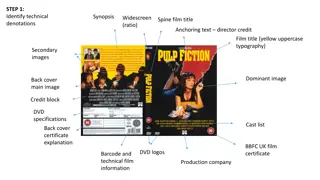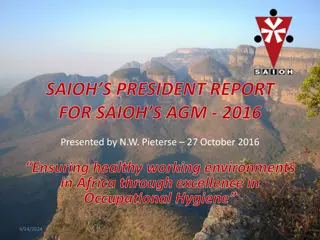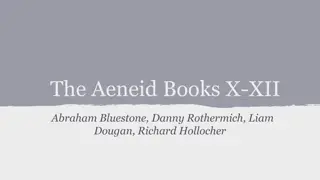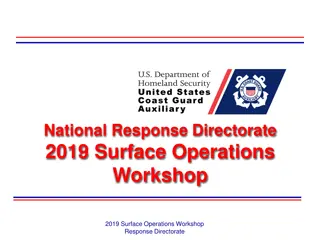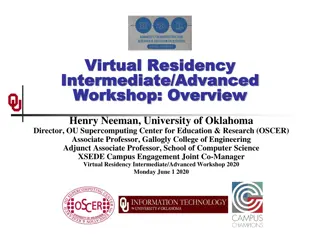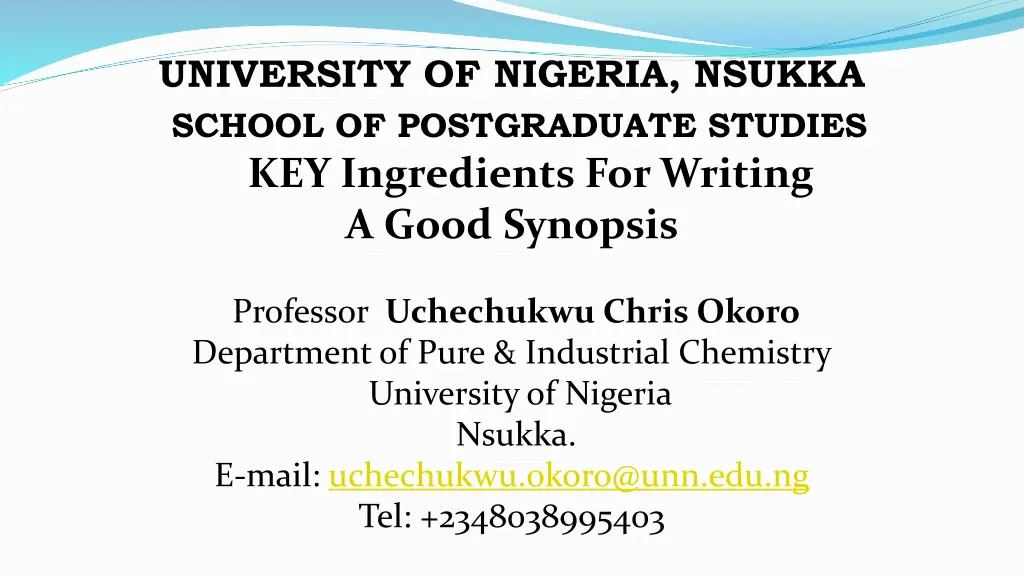
Effective Ingredients for Writing a Good Synopsis in Postgraduate Studies
Master the essential ingredients for composing a top-notch synopsis in postgraduate studies with a comprehensive guide covering formatting, title creation, methodology, results, and more. Learn from Professor Uchechukwu Chris Okoro from the University of Nigeria, Nsukka, and ensure your research work gets the attention it deserves.
Download Presentation

Please find below an Image/Link to download the presentation.
The content on the website is provided AS IS for your information and personal use only. It may not be sold, licensed, or shared on other websites without obtaining consent from the author. If you encounter any issues during the download, it is possible that the publisher has removed the file from their server.
You are allowed to download the files provided on this website for personal or commercial use, subject to the condition that they are used lawfully. All files are the property of their respective owners.
The content on the website is provided AS IS for your information and personal use only. It may not be sold, licensed, or shared on other websites without obtaining consent from the author.
E N D
Presentation Transcript
UNIVERSITY OF NIGERIA, NSUKKA SCHOOL OF POSTGRADUATE STUDIES KEY Ingredients For Writing A Good Synopsis Professor Uchechukwu Chris Okoro Department of Pure & Industrial Chemistry University of Nigeria Nsukka. E-mail: uchechukwu.okoro@unn.edu.ng Tel: +2348038995403
OUTLINE KEY INGREDIENTS 1. Formatting 2. Title of work 3. Introduction 4. Methodology 5. Results 6. Easy Language 7. Concise Writing
GOALS AND OBJECTIVES At the end of this presentation all Ph.D candidates may have learnt the key ingredients for writing good synopsis All Candidates should be able to write their synopsis based on the title of their projects Myself the presenter will be fulfilled
INTRODUCTION Key Points Undoubtedly a research student must have acquired reasonable results if not all results before embarking on synopsis writing. Written synopsis must be presented to a committee of school of postgraduate studies for consideration. Successful synopsis means the title of thesis will be approved
Synopsis is a summary of research work carried out presented following a particular guideline
Number/Quantities All numbers from 1-9 should be written in words whereas from 10 and above should be written in figures (Arabic numerals) Designation of signatories in brackets -Entire text should not exceed two pages of A4 -Should be justified
Formatting Strict adherence to existing guideline Poor formatting can lead to outright rejection of synopsis Preliminary student s particulars Body of synopsis following the pattern of IMR I Introduction M Methodology R Results
Title of Thesis Title of the thesis should not exceed 25 words. The title should capture the subject matter. Student should work with the supervisor on the choice of title where applicable.
Introduction Explanation of any key word(s) in the title where applicable. Background of the study (No Referencing) Knowledge gap Aim Specific objectives (Itemised in Roman Numerals)
Methodology Equipment and specification where applicable Area of Study, Population, Sample and Sampling procedure/Technique The Instrumentation and Data Analysis Design of the study How the work was carried out Statistics
Results Systematic presentation of results to correspond with the specific objectives in sequence No discussions, recommendations, suggestions, implications or conclusions Use of appropriate statistical results Results should capture major findings of the study without preambles
Language/ Concise Easy Writing Short words Short sentences No jargon Avoid figures of speech and idioms Active better than passive
Passive Vs active Passive: Research has been cited to demonstrate that an estimated 20% of primary school children are developing reading problems. Active: Researches estimate that up to 20% of primary school children have reading problems.
Writing it plainly Not this: Scintillate, scintillate, diminutive celestial body This: Twinkle, twinkle little star
Write it plainly Not this Nothing of great significance is achieved by becoming lachrymose over precipitately departed lactose fluid. This: Don t cry over spilled milk


